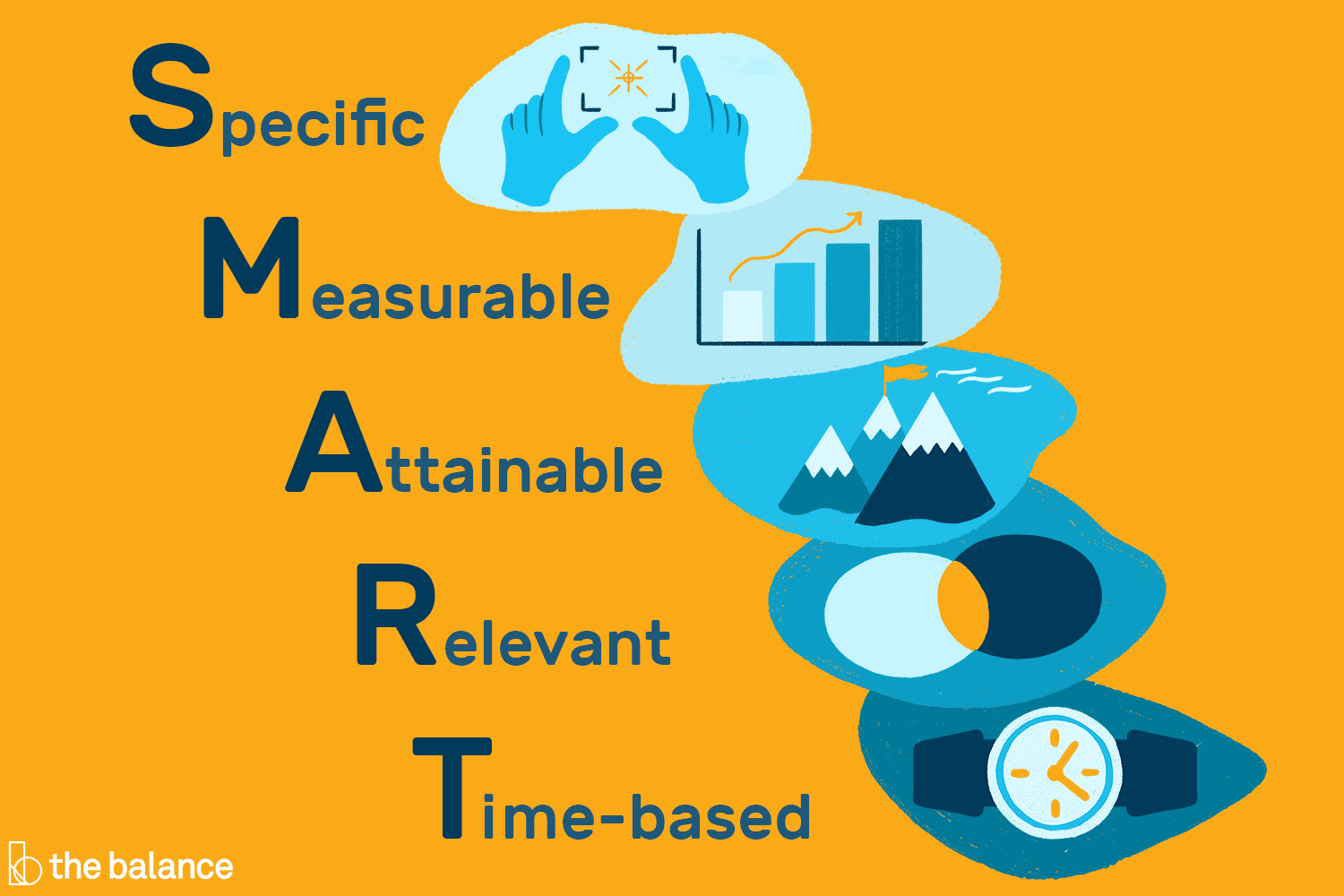Running a construction business today demands more than technical skill and reliable workmanship—it requires strong financial strategy. Contractors face a complex landscape of rising costs, evolving tax obligations, and increasingly competitive project bidding. To maintain growth and achieve long-term stability, construction professionals must optimise every financial advantage available to them. This includes efficient budgeting, accurate record-keeping, and understanding industry-specific financial opportunities that can improve cash flow and profitability.
The Growing Financial Pressures on the Sector
The construction sector has always been shaped by shifting market conditions. Labour shortages, fluctuations in material costs, and regulatory adjustments continue to impact project timelines and profit margins. Contractors must therefore operate with precision, ensuring that each project is priced correctly and supported by thorough financial planning. This requires an ability to anticipate risks, manage sudden cost changes, and maintain compliance with government reporting requirements.
In recent years, digital tools have played a significant role in supporting financial accuracy. From cloud-based accounting to project management apps, contractors now have access to systems that improve tracking, automate calculations, and reduce the likelihood of costly mistakes. However, technology is only as effective as the financial knowledge that supports it. Understanding taxation structures, allowable expenses, and financial claims available to contractors remains crucial.
One Area Where Contractors Often Miss Out
Many contractors are unaware of financial benefits specifically available to them, particularly those working within subcontracting structures. This is where guidance from accountants who understand construction industry tax rules becomes invaluable. Ensuring compliance is just one side of the equation—maximising allowable claims, identifying overlooked entitlements, and structuring payments correctly can significantly improve financial results.
One of these opportunities is the CIS Rebate, which is often under-claimed despite being a key source of financial benefit for contractors and subcontractors. Understanding how this claim works, ensuring correct documentation, and submitting properly prepared financial records can result in substantial yearly returns. This makes awareness and correct processing essential for improving cash flow in a competitive industry.
Effective Cost Management for Long-Term Success
Cost control remains one of the strongest foundations of a profitable construction business. Contractors must pay close attention to direct expenses such as materials and labour, but also to indirect costs including insurance, equipment maintenance, fuel, and compliance fees. A contractor who accurately tracks these expenses gains a realistic understanding of profit margins and avoids the erosion of revenue through unmonitored spending.
Strategic planning also plays a role here. Simple steps such as reviewing supplier contracts, negotiating bulk discounts, or adopting more efficient equipment can lead to measurable financial improvements. Additionally, maintaining detailed receipts and invoices ensures that HMRC claims, allowable deductions, and end-of-year tax returns are accurate and optimised.
The Role of Professional Advice
Even experienced contractors benefit from partnering with financial professionals who specialise in construction industry regulations. These experts can offer insights into tax efficiency, business structuring, payroll management, and compliance responsibilities. More importantly, they help contractors understand sector-specific opportunities that directly impact annual financial stability.
Professional advice becomes particularly important as a business grows. Larger projects, more employees, and broader contractual demands require increased financial accuracy. A strong advisory partner ensures that contractors remain compliant while also making the most of eligible financial advantages.
Strengthening Cash Flow Through Better Planning
Whether operating as a sole trader or managing a team of subcontractors, cash flow is central to business survival. Late payments, unexpected expenses, and seasonal slowdowns can easily disrupt cash flow, but proactive planning helps reduce these risks.
Contractors should consider strategies such as:
- Using staged payment schedules
- Implementing clear invoicing procedures
- Maintaining emergency reserves
- Using accounting tools to forecast future cash flow needs
- Ensuring subcontractors are verified and recorded correctly
The stronger the financial system behind the business, the easier it becomes to manage growth and absorb market volatility.
Preparing for Future Opportunities
The construction industry continues to evolve, with new government initiatives, technological innovations, and sustainability requirements shaping the future. Contractors who stay informed and financially organised are better positioned to win new contracts, expand their services, and negotiate more effectively.
By combining practical financial discipline with awareness of available benefits, contractors position themselves for long-term resilience and growth. Whether navigating new regulations or pursuing large-scale projects, financial strength becomes a competitive advantage.




